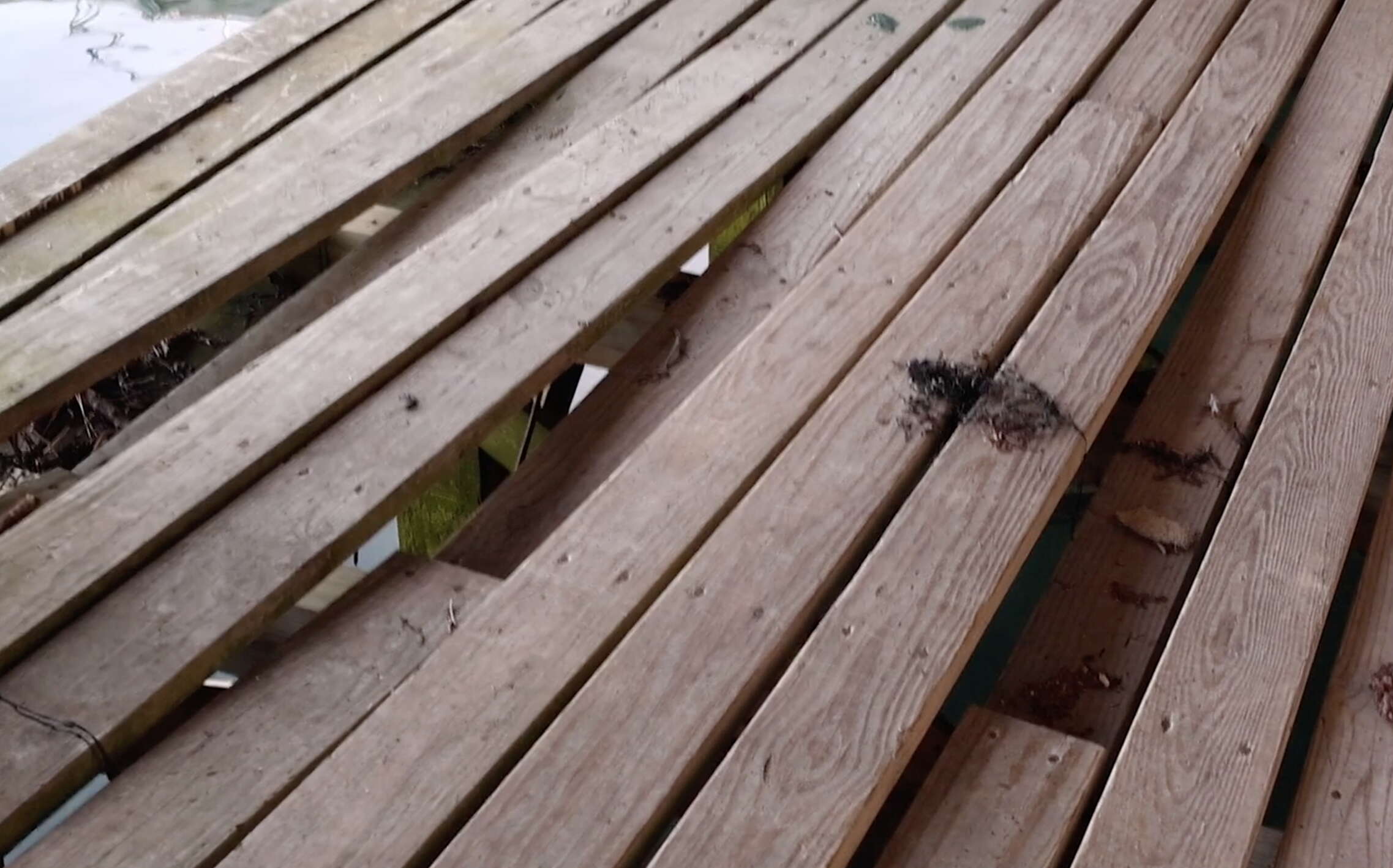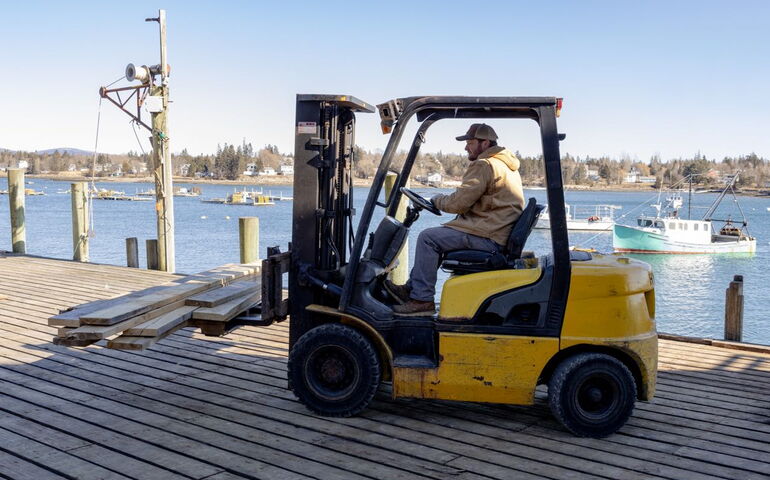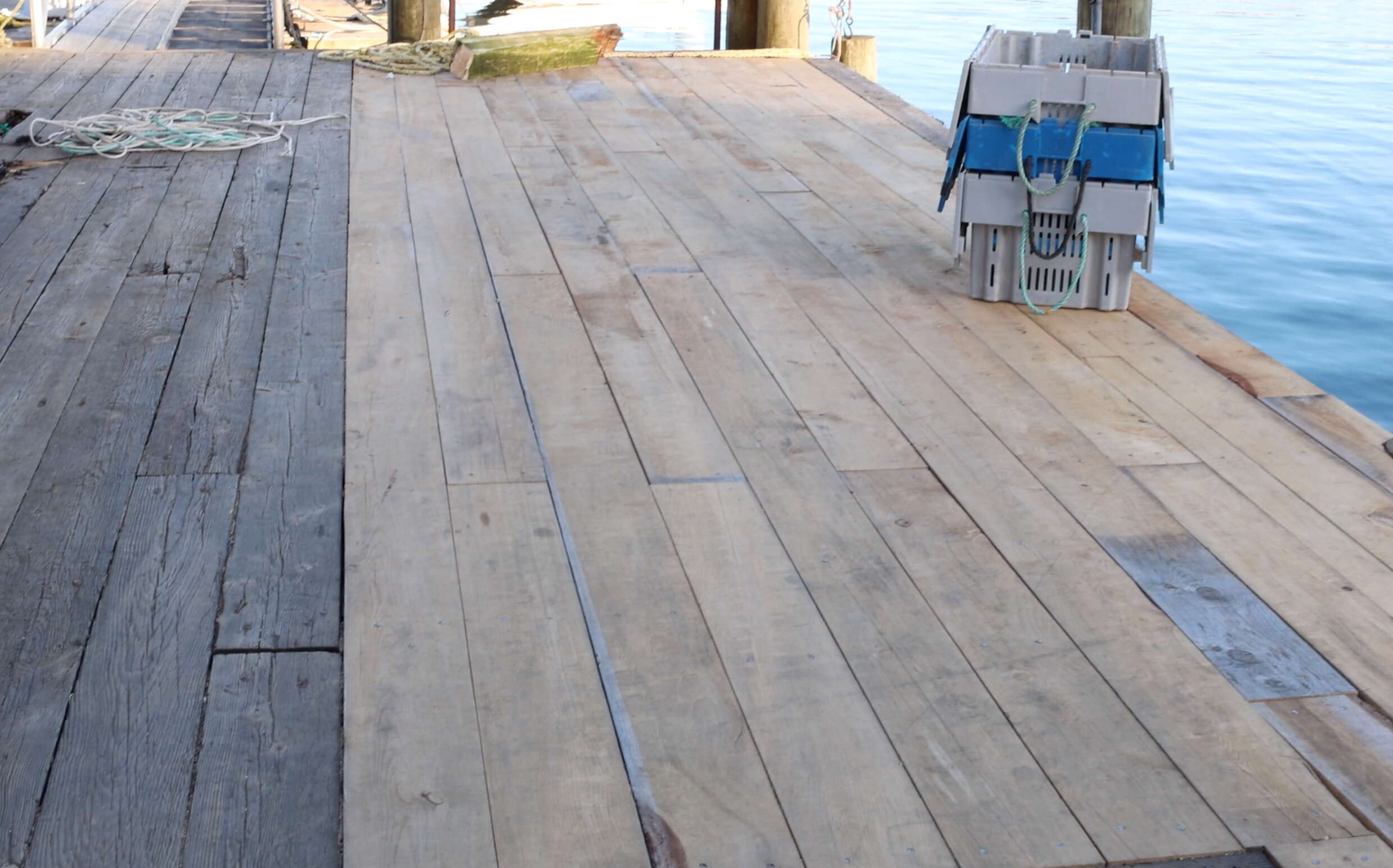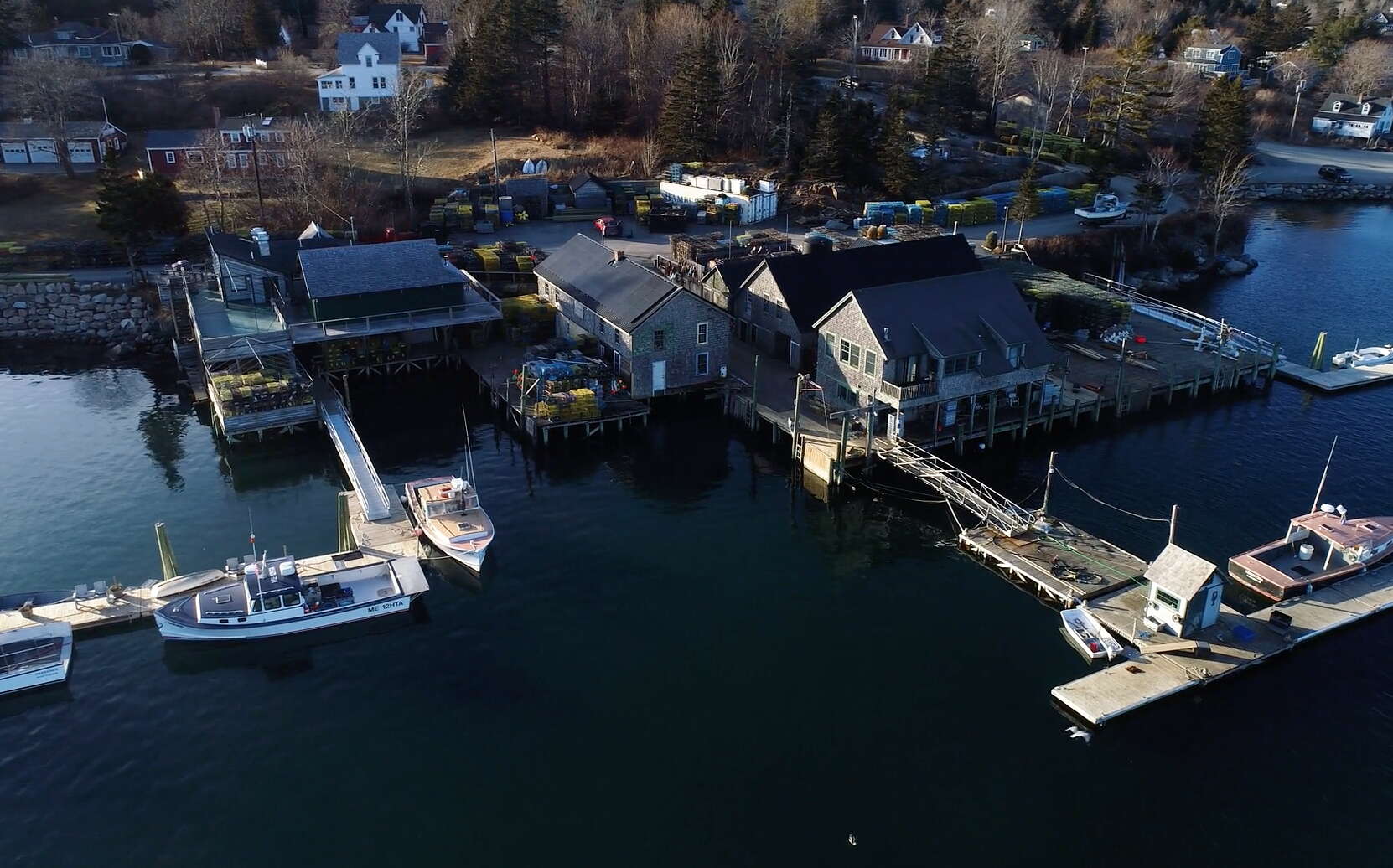
Processing Your Payment
Please do not leave this page until complete. This can take a few moments.
- News
-
Editions
-
- Lists
-
Viewpoints
-
Our Events
-
Event Info
- Women's Leadership Forum 2025
- On the Road with Mainebiz in Bethel
- Health Care Forum 2025
- On The Road with Mainebiz in Greenville
- On The Road with Mainebiz in Waterville
- Small Business Forum 2025
- Outstanding Women in Business Reception 2025
- On The Road with Mainebiz in Bath
- 60 Ideas in 60 Minutes Portland 2025
- 40 Under 40 Awards Reception 2025
- On The Road with Mainebiz in Lewiston / Auburn
- 60 Ideas in 60 Minutes Bangor 2025
Award Honorees
- 2025 Business Leaders of the Year
- 2024 Women to Watch Honorees
- 2024 Business Leaders of the Year
- 2023 NextUp: 40 Under 40 Honorees
- 2023 Women to Watch Honorees
- 2023 Business Leaders of the Year
- 2022 NextUp: 40 Under 40 Honorees
- 2022 Women to Watch Honorees
- 2022 Business Leaders of the Year
-
-
Calendar
-
Biz Marketplace
- News
-
Editions
View Digital Editions
Biweekly Issues
- April 21, 2025 Edition
- April 7, 2025
- March 24, 2025
- March 10, 2025
- Feb. 24, 2025
- Feb. 10, 2025
- + More
Special Editions
- Lists
- Viewpoints
-
Our Events
Event Info
- View all Events
- Women's Leadership Forum 2025
- On the Road with Mainebiz in Bethel
- Health Care Forum 2025
- On The Road with Mainebiz in Greenville
- On The Road with Mainebiz in Waterville
- + More
Award Honorees
- 2025 Business Leaders of the Year
- 2024 Women to Watch Honorees
- 2024 Business Leaders of the Year
- 2023 NextUp: 40 Under 40 Honorees
- 2023 Women to Watch Honorees
- 2023 Business Leaders of the Year
- + More
- 2022 NextUp: 40 Under 40 Honorees
- 2022 Women to Watch Honorees
- 2022 Business Leaders of the Year
- Nomination Forms
- Calendar
- Biz Marketplace
In wake of January storms, Maine's fish wharves and working waterfronts are starting to rebuild
 Courtesy / Jack Sullivan, Island Institute
At Thurston’s Lobster Pound, Derek LaPointe said the facility will likely have to be elevated to withstand future storm surges.
Courtesy / Jack Sullivan, Island Institute
At Thurston’s Lobster Pound, Derek LaPointe said the facility will likely have to be elevated to withstand future storm surges.
Less than a week after the first of the back-to-back January storms that destroyed much infrastructure along Maine's working waterfronts, the Island Institute launched a storm response grant program, received applications and began sending out funds to coastal businesses.
On Mount Desert Island, Thurston’s Lobster Pound was particularly hard hit, with extensive damage to its wharf.
“Island Institute was the first organization that was right there within days after the storm offering a grant to help rebuild,” said Derek LaPointe, the pound’s general manager. “And we immediately put that towards lumber cost because we needed to get stuff built so we can serve the 22 lobstermen we support.”

In all, the institute has delivered grants totaling $250,000 to 52 waterfront businesses in the wake of the powerful storms on Jan. 10 and Jan. 13.
The grants were awarded to fishing cooperatives, lobster wharves and processing centers that serve fishermen, distributors and retailers. The businesses support 540 working waterfront jobs. The grants will help rebuild infrastructure that's relied upon by 1,195 commercial vessels.

“Our storage room was completely flooded,” LaPointe said in a video recorded by the institute. “We had floating propane tanks. It wasn’t until a day or two after, when I started assessing and putting on a list all the things that were broken: ‘Well, this is substantial.’”
LaPointe said every piling and other components of the wharf and structures need to be rebuilt, and their elevation must be raised.

“I think the wharf can be made to withstand events,” he said. “As long as we plan now and put those things in place, I think we can continue to thrive."
From bait to plate, the seafood sector contributes more than $3.2 billion to the Maine economy each year, and supports more than 33,300 jobs statewide.
The industry relies almost entirely on the 20 remaining miles of working waterfront infrastructure in Maine. Fishing communities depend on safe and reliable wharves, docks and access ramps.
“Building back along Maine’s coast will require a sustained programmatic and policy effort,” said Kimberly Hamilton, the institute’s president. “These grants are just one part of our response and helped jumpstart recovery and ignite a sense of hope.”
The Rockland-based Island Institute is a community development nonprofit serving Maine’s island and coastal communities.
Future thinking
The grants and other efforts have been aimed at rebuilding with future resiliency in mind. Applicants were asked if they had identified ways to rebuild to be more resilient and were offered help from Island Institute staff on how to plan around future storms.
The grants were targeted toward communities that are major contributors to the marine economy, were seriously affected by the storms and are at particularly high risk of future damage due to climate change.
The institute also hosted two public webinars. The first — held three days after the Jan. 13 storm — provided attendees with timely information on reporting storm damage and applying for assistance, and featured leaders of the Maine Department of Marine Resources, Maine Emergency Management Association and Department of Economic and Community Development. The webinar second focused on storm science, explaining how climate trends are likely to impact our coast in the coming decades.
The institute’s storm response efforts are part of its ongoing work in helping island and coastal communities navigate changes in climate and economy. Other recent efforts include:
- Supporting Gouldsboro, Swan’s Island, Frenchboro, Matinicus and Isle au Haut in applying for $50,000 grants through the state’s Community Resilience Partnership for infrastructure resilience projects.
- Leading the development of a working waterfront strategy for the Coastal and Marine Working Group of the Maine Climate Council that focused on both the needs of privately owned working waterfronts and the importance of resilience upgrades to both public and private working waterfronts.
- Supporting LD 2225, a bill that, if approved by the Maine Legislature, will result in the investment of $50 million to help rebuild storm damaged infrastructure, including working waterfronts. The proposal is before the Legislature as an emergency measure, with the intention for the funds to support restoration of infrastructure that must be ready for the peak season in Maine’s fishery.














0 Comments